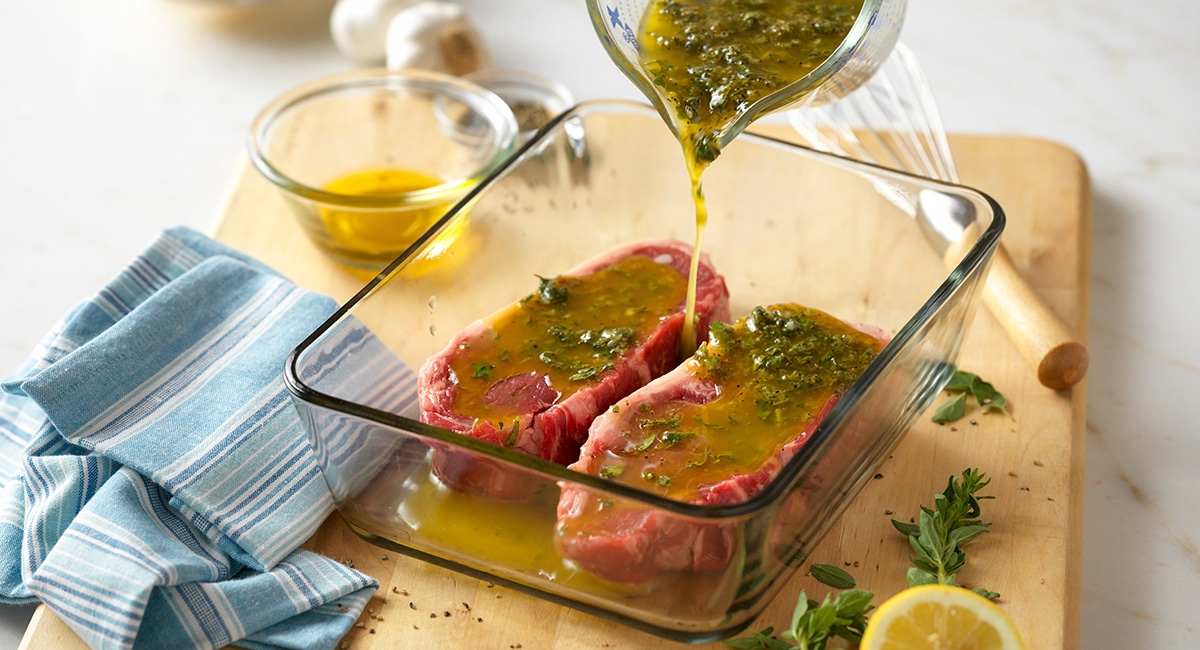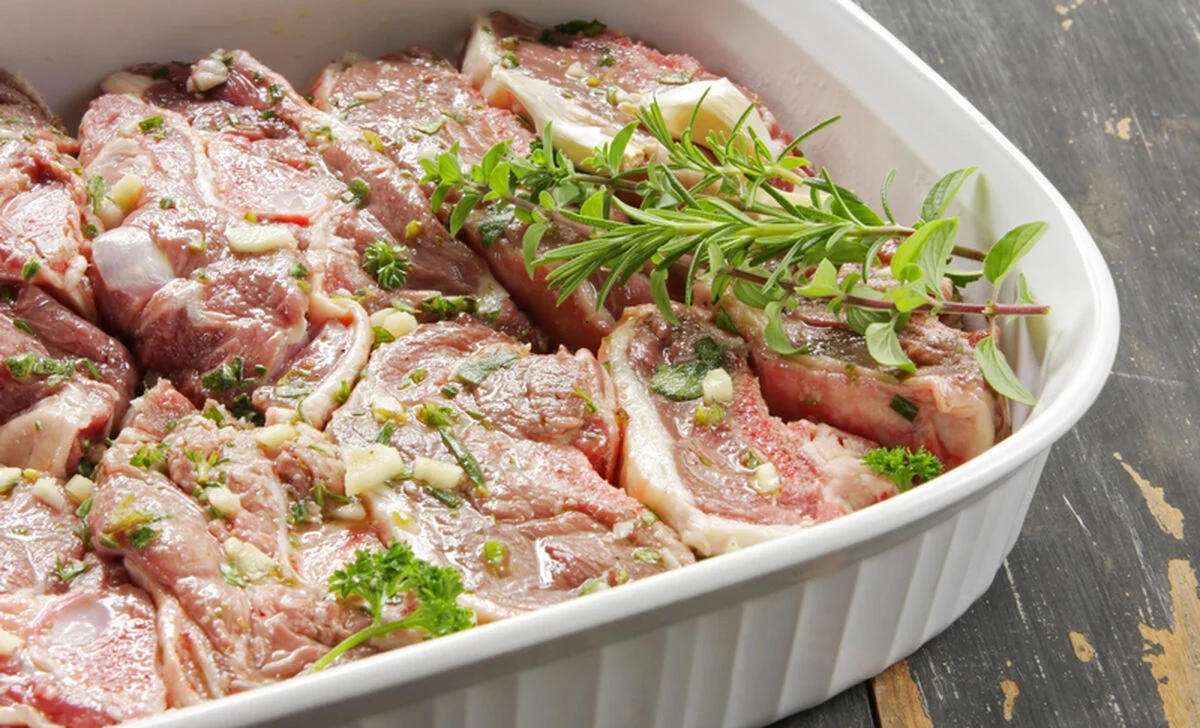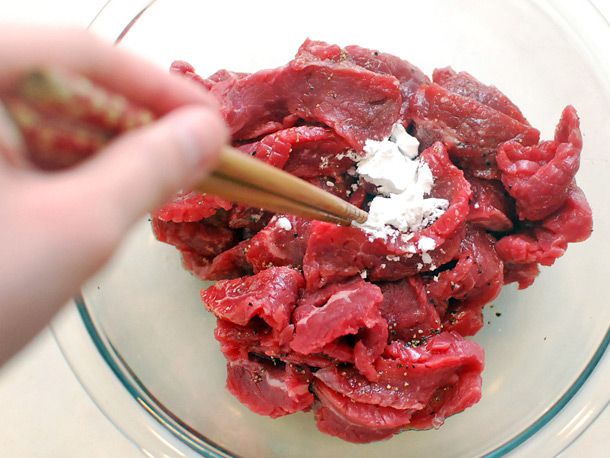
Marinating meats is a secret weapon for home cooks, transforming ordinary dishes into culinary delights bursting with flavor. The time-consuming nature of traditional marination often discourages many, but imagine whipping up a tantalizing, herb-infused chicken or a zesty steak in a fraction of the time. With a few clever techniques and a basic understanding of marinades, you can elevate your meals without lengthy waiting periods.
Fast-tracking the marination process not only saves time but also enhances the taste and texture of your meats, making them more enjoyable for everyone. Preparing for a quick weeknight dinner or a weekend barbecue can open up a world of flavor possibilities.
Why Marinate Foods?
Marinating foods serves to enhance flavor, texture, and even nutrition. By infusing meats with a blend of acids, oils, and seasonings, marination transforms simple cuts into richly flavored dishes. The acidic elements break down tough muscle fibers, improving tenderness and juiciness particularly beneficial for leaner meats that might otherwise become dry or chewy. Tennessee BBQ recipesare a great example of how marinating can bring out deep, smoky flavors in meat.
Additionally, herbs and spices add both flavor and health benefits, offering antioxidants and anti-inflammatory properties. Marinating is an essential technique that elevates a dish's taste, texture, and nutritional value.
The 1-2-3 Formula For Marinades
Creating a balanced marinade can be simplified with the 1-2-3 formula, which ensures you have the right components for maximum flavor and tenderness:
- 1 Part Acid: This could be vinegar, citrus juice, or yogurt. The acid helps tenderize the meat and infuse it with flavor. Different acids can impart unique tastes; citrus adds brightness, while vinegar offers tanginess.
- 2 Parts Oil: Oils such as olive oil, vegetable oil, or sesame oil help to carry flavors into the meat. They also provide moisture, preventing the meat from drying out during cooking. Additionally, oil can help create a nice crust when grilling or searing.
- 3 Parts Seasonings: This includes herbs, spices, and aromatics like garlic, onion, and pepper that enhance flavor and aroma. Be creative and tailor the seasonings to complement the type of meat you are marinating.
By following the 1-2-3 formula, you can easily create a wide variety of marinades tailored to your taste preferences.
What's Happening As My Meat Marinates?
As meat marinates, several chemical processes occur that enhance its flavor and texture. The primary mechanism involves the interaction between the marinade ingredients and the meat fibers:
- Acid Reaction: When the acidic componentof the marinade comes into contact with the meat, it starts to break down protein structures. This process tenderizes the meat, making it softer and more palatable.
- Flavor Absorption: The flavors from the marinade begin to penetrate the meat. As time passes, the outer layers of the meat absorb the marinade, allowing the flavors to deepen. This absorption is more effective with thinner cuts of meat or smaller pieces.
- Moisture Retention: The salt in the marinade helps the meat retain moisture. This is crucial, as it prevents the meat from drying out during cooking, resulting in a juicier end product.
Quick Marinade Techniques
1. The Vacuum Sealing Method
Vacuum sealing is one of the most efficient ways to marinate meat quickly. By removing air from the bag, you increase the penetration of the marinade into the meat. Simply combine your marinade ingredients in a bowl, place the meat in a vacuum-sealable bag, pour in the marinade, and use a vacuum sealer to remove air and seal the bag.
Allow the meat to marinate for just 15 to 30 minutes. This method not only speeds up the marination process but also enhances flavor absorption.
2. The Brining Method
Brining is another effective technique that can be used to quickly enhance flavor and moisture in meats. To brine, dissolve salt and sugar in water, adding any additional flavorings such as herbs or spices.
Submerge the meat in this solution for 15 to 30 minutes, depending on its size. The salt solution penetrates the meat, allowing for quick flavor enhancement while also helping to retain moisture during cooking.
3. Use Of Heat
Gently heating your marinade before adding the meat can accelerate the marination process. Warm the marinade in a saucepan until it is just hot but not boiling, then allow it to cool slightly before immersing the meat. Homemade spice blendscan also be incorporated into your marinade, adding layers of fresh, unique flavors.
The heat opens the pores of the meat, allowing the marinade to penetrate more quickly. This method works particularly well with marinades that include sugars or acidic ingredients.
Marinating Times For Different Meats
The optimal marinating time varies based on the type of meat:
- Chicken: 15 to 30 minutes for cut pieces; 1 to 2 hours for whole chickens.
- Beef: 30 minutes to 1 hour for thin cuts; 1 to 4 hours for thicker cuts.
- Pork: 30 minutes to 2 hours, depending on the thickness of the cut.
- Fish: 15 to 30 minutes is sufficient, as fish tends to absorb flavors quickly.
Adjusting your marinating times based on the type of meat will help you achieve the best results without compromising flavor.
Tips For Effective Marinating
To ensure an effective marinating experience, keep these tips in mind:
- Use Shallow Containers: Choose shallow containers or resealable bags to maximize surface area, allowing for better marinade contact.
- Refrigerate During Marination: Always marinate meat in the refrigerator to prevent bacterial growth and maintain food safety.
- Turn or Flip: If marinating in a bag, flip it halfway through the marination time to ensure even coverage.
By following these tips, you’ll enhance the effectiveness of your marination process, leading to more flavorful results.
Common Mistakes To Avoid
When marinating meats, be mindful of these common pitfalls:
- Marinating Too Long: While marination enhances flavor, leaving meat in acidic marinades for too long can lead to mushiness. Always adhere to recommended times.
- Ignoring Salt: Salt is a key component in marinades for a reason; it enhances flavor and moisture retention. Don’t skip it!
- Overcrowding: Avoid cramming too much meat into one container or bag, as this can prevent proper marination.
By being aware of these mistakes, you can improve your marinating technique and achieve delicious results. For those aiming to become a cooking pro, mastering marination is an essential step, adding depth to your dishes and ensuring each bite is flavorful and tender.
FAQs
How Long Can I Marinate Meat?
Marination times vary by meat type, but generally, 15 minutes to a few hours is ideal. Avoid prolonged marination, especially with acidic ingredients, as this can result in a mushy texture.
Can I Marinate Frozen Meat?
Yes, you can marinate frozen meat, but it’s best to thaw it first to allow the marinade to penetrate. Alternatively, you can add marinade to thawing meat in the refrigerator.
Should I Rinse The Meat After Marinating?
Rinsing is generally not necessary. However, if your marinade contains a lot of salt or sugar, you may want to lightly rinse the meat before cooking to prevent it from being overly salty.
Can I Reuse Marinade?
Reusing marinade can be unsafe, especially if it has been in contact with raw meat. If you want to use the marinade as a sauce, reserve a portion before adding the raw meat.
What Are Some Quick Marinade Ideas?
Try combining olive oil, balsamic vinegar, garlic, and herbs for a classic marinade. Alternatively, mix soy sauce, honey, and ginger for an Asian-inspired flavor.
Conclusion
Quick marination techniques can revolutionize your cooking experience, allowing you to create mouthwatering dishes without long waits. With a solid understanding of marinating science and innovative methods at your fingertips, you’ll infuse flavor into your meats in no time.
As you experiment with different flavors and techniques, you’ll find combinations that cater to your taste and elevate your meals. So, grab your favorite cuts of meat, whip up a quick marinade, and enjoy the delicious results of your culinary creations. Your taste buds and your guests will thank you.


